The Charisma Of South Africa In The 70s!
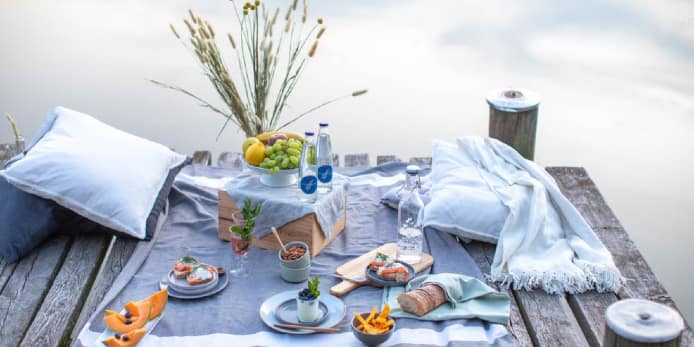
The South African Lifestyle
I perceived the sunshiny summers to be long and endless where we were going. That was my idea of the charisma of South Africa in the 70s!
If I was to say how the sunshine can affect people’s lives I would have to mention that people jumped out of bed with the 4 am sunrise in the Southern Hemisphere.

There is something about the allure of the African sun. The warmth of consistently good weather goes a long way to enhance your mood.
The warm dawns coaxed me out of bed early. The hours before I saw anyone became a productive sanctuary.
Other people were up too, but we greeted the morning with a hush... this worked for me. I was not a morning person.
By nightfall, I was pleasantly tired and I ticked off all the boxes
I could for the day.
It became clear: I went to bed at dusk + the dawn shook me up early = I was living each day to the full!
That Icebox House Was Part Of The Lifestyle!
My first summer Christmas was a revelation: of course, it was hot in Africa.
It’s supposed to be hot all the time, isn’t it?
I had yet to experience the warning from the locals of their cold winter but I was up for the challenge. How cold could it be? My husband assured me it was warm year-round.
Pishaw… I could do this.
This May Have Contributed To The Cold…
You won’t find any delicate wood-frame houses here, not in this steamy tropical climate. Termites would make sure that the structure did not last a year.
Typical of the tropics, everything is made of sturdy brick and mortar, with cool tiles underfoot. Termites do not eat brick and mortar.
When the city of Pretoria was first settled the area was chosen for the best weather.
It was warm and dry, with no humidity.
I knew it! That’s why the Boers left Durban – to escape the humidity.
The weather was great in Pretoria!
But the city is big, and spread out and if you step outside the big city in May, to parts more rural, you meet winter’s chill head-on. This is where you’ll find my house.
Before you scoff, don’t be too quick to dismiss it – in July if you left a basin of water outside overnight, by morning, it was frozen solid.
Why can’t our house be centrally heated – like in Canada? – I sulked. I started to dream about my overheated Canadian home.
In all fairness, these houses were built to fend off blazing heat rather than biting cold; they are like iceboxes in the winter. They did their job well up to the advent of TV in 1976.
(The 1976 TV revolution in SA!)
In the meantime, I wore shorts, and long-sleeved shirts, long socks, and stacks of sweaters. For sure this was not meant to be a fashion statement.
I began shedding layers during the day. That was so I could start piling on the layers later in the afternoon.
You Can Arrange Year-Round Sunshine!
Despite my Canadian roots, I was unprepared for this cold. I was hot-house-bred – we toasted ourselves in our cozy homes. But the locals were hardy and they were used to the absence of central heating.

This was ironic to me: I was the Sugarfoot of the cold and they were the King Kongs of the winters in South Africa! How did I let this happen?
They endured the winters! They lived in a country with enviable weather and they took the bad with the good.
Giving up on winter was not an option for them. They weren’t going anywhere so they adapted.
I soon discovered that while Durban was unbearably hot in summer, in the May to October winter it was very pleasant indeed. (Celebrate Summer Christmas in December!)
If I wanted to get the most out of it, I could spend summer in Pretoria – where the weather is divine – and go for a holiday in July to Durban where it is warm and pleasant.
The People Were The Charisma Of South Africa In The 70s!
I discovered that we were living in a notoriously cold area. No wonder it was cheaper to buy a house out here. The locals knew better and they mostly stayed away…
Our first starter home was in Verwoerdburg and nestled around an old-fashioned and charming golf course. There was a clubhouse and dinner was served on Sunday nights.
Verwoerdburg was isolated and not considered a social hub. Since there weren’t many visitors and people were elusive – I made friends with my wonderful neighbors.
It Was All About The People!
Enter Guus…
Life took a cosmopolitan turn with my neighbors Guus and Gunter, who hailed from Germany and The Netherlands. They each spoke four languages as did Annalise their daughter.
My friend, Guus – roll the G – was a stately 5 feet, and 11 inches tall.
She had blond hair, blue eyes, and an elegant presence. She constantly made me laugh.
Beauhla My Lovely…
On our other side, I formed a bond with neighbors Beauhla and Tony. I watched their three children grow up and start families of their own.
Beauhla told me that she grew up on a farm in South West Africa, near De Aar.
Farms out that way are city-size.
Beauhla’s brother said she could bring down 6 impalas in a row with six shots of a rifle. Beauhla said, “This was normal, everyone could do this on the farm.”
These homesteads probably housed 300 African families, providing their schools and churches.
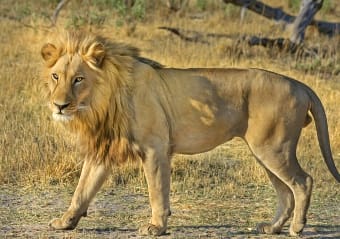
could hunt at 16 years of age!
One day Beauhla went off to hunt a lion who was scaring the livestock.
She was in a huge wilderness … hunting a lion by herself and one tracker at 16 years of age.
Her biggest fear was if she would find her way back to the house at the end of the day.
Beauhla had a great love of animal management on the farm. She looked out for everyone’s needs with her level head – all in a day’s work.
Beauhla had special skills but she did not recognize them as such and I had so much respect for her abilities, not unlike the abilities of many people living there.
Elsa Spoke Northern Sotho!
Elsa was a brainiac, she had university degrees and was an all-around athlete.
She spoke Afrikaans, English, Northern Sotho, (Su-too), and several African dialects.

Because Elsa was fluent in Northern Sotho she was approached by the Sotho government.
They asked Elsa to translate books from Afrikaans and English into Sotho for their schools.
I thought this was a lifetime achievement and Elsa deserved an honorable mention for this!
”No big deal”, said Elsa: “I grew up on a farm” – and her Nanny was from a Northern Sotho tribe. In these instances, the baby learned the African language before they learned Afrikaans! It became their mother tongue.
African women said that if they did not see Elsa while she spoke they would swear she was an African woman from a Northern Sotho tribe… High praise indeed.
Elsa was amazing! (What Happened With Elsa?)
Diane Says…
Diane was my go-to guru for all things. She was a tonic and everyone left her company feeling better than when they arrived.
In Canada, we were instructed to cut down on our salt intake. The West was on a quest to eradicate this nasty seasoning from our lives.
While I was living in a tropical climate, reducing salt intake caused sodium deficiency. The “salt rule of Canada” should not be applied at this time. But I did not know this.
One day while visiting Diane, my feet cramped up tight – I could not walk and I was in pain.
I was sodium-deficient.
Diane, my friendly pharmacist, dumped 1/2 teaspoon of salt into 1/2 cup of water and said, “Drink it!” I did not dare challenge Diane, she had four children…
She stood over me and I gulped it down… It tasted horrible!
But the cramps subsided within a few seconds.
Diane proceeded with some instructions: “Listen up! In this heat, you’re losing moisture into thin air; you need to replenish your heart-saving sodium with a good salt!”
There is that sense of self-sufficiency again that I so admired in these people and believe it or not, she grew up on a farm. Diane said this is why they respected folklore and wisdom.
I came from a land of self-aggrandizement talk to meet people like Diane. It was customary to promote ourselves aggressively.
These new friends of mine were humble and grateful people.
What’s A “Braai”?
We can’t mention the weather, the people and the lifestyle without talking about a braai…
Braai is the traditional name for barbecue and is derived from Afrikaans.
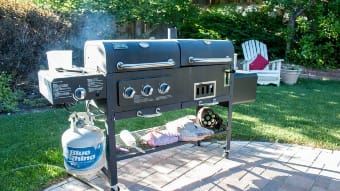
mentioning the braai.
I was about to meet the aficionados of this talent.
It was not because the food was better there than say, in Texas. That’s not it … it was just so ingrained in their lives.
If the weather was its usual good self, we migrated outside under a canopy of trees or a thatch umbrella.
Think of all those Tarzan movies we watched where Jane broke ostrich eggs with a primitive stone tool… she was outside!
Spoiler alert: okay, well, Tarzan and Jane are Hollywood… they never existed outside the mind of Adam Cozad and Edgar Rice Burroughs… sorry!
This snippet of information dropped my popularity by 95%. While people knew this, it was like telling the neighbor’s kids that Santa Claus was not real. (Beyond the headlines of SA! )
How Does The Weather Impact Good Health?
I felt that excitement every day. I was releasing serotonin all over the place – and since it’s the “feel-good” hormone, everything was triggering increased happiness and overall well-being. I was in a good place and I knew it. (How sunshine impacts your life.)
I would be remiss not to provide you with some great advantages of good weather:
1. It’s healthy: Sunlight is a natural source of vitamin D and is very important for bone health and overall well-being. It helps to regulate sodium levels in the body! Remember that “salt intake” incident we talked about?
2. Social Life: People are more likely to socialize in pleasant weather; it’s the perfect backdrop for outdoor events. There are all those fairs and open markets in the summer.
There’s Art in the Park – I waited all winter for this!
3. Feel good: It felt so good to stroll without winter coats most of the time. This, in turn, positively impacts mental and emotional well-being.
How vanilla – who am I kidding? People spend thousands every year to escape winter. When the holiday is over and they return to work with a tan, well… they know it was worth it!
For sure they feel good.
4. Sleep quality: Exposure to natural sunlight during the day helps regulate the body’s internal clock, and promotes better sleep. I didn’t mind getting up with the sunrise; I always slept well.
5. Enhanced creativity: A comfortable climate makes me spend more time outdoors. This leads to increased creativity and a generally more innovative mindset. I’ll take it.
6. Healthier eating: Warmer climates have diets rich in fresh fruits and vegetables, and this encourages healthier eating habits. The opportunities are there for outdoor dining;
this is the real meaning of “eating out”.
7. Stress relief: The soothing effects of warm breezes and sunshine are natural stress relievers. Time with nature can reduce cortisol levels, and promote relaxation and a sense of calm. Now you can handle stress better and have overall mental well-being.
8. Healthy glow: You have that natural tan with an active lifestyle. It boosts your confidence and self-esteem; you feel better and look better – who doesn’t want that?
They Could Not Hide Their Charisma…
South Africans created a limelight around themselves and their achievements: Sol Kerzner built Sun City in Babutiswanna, and Christian Barnard performed the first heart transplant.
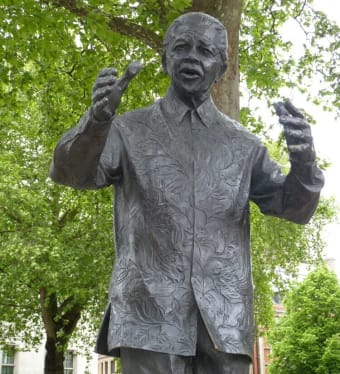
president in 1994.
Anneline Kriel won the Miss World title in 1974! And in 1993, Jacqui Mofokeng was the first black South African woman to win the Miss South Africa crown.
This was a tough and controversial battle – yet it was most successful. It was dubbed a symbol of change and affected everyone in the country.
The tinted glass ceiling was smashed!
The list of world-class achievements is endless. From Nelson Mandela’s historic presidency to the invention of the Kreepy Krauly pool cleaner.
Traditionally they clung to the past but once equality had been reached in their own country, they were allowed to join the world into the future.
Finally, in the 1990s sanctions were dropped.
2010 Visit
After being away for 17 years, in 2010 I visited South Africa in July! When was I going to learn that it is cold in July in the Highfeld?
Things warmed up considerably after we reached Durban. There was no reason not to travel: FIFA the international World Cup soccer tournament was in South Africa in 2010.
(Have fun driving in South Africa!)
Summary:
Here is what struck me the most…
1. The friends I made influenced my life and this cannot be overexpressed. They made a huge impact; almost daily my mind goes back to the people I met.
2. People ask about spiders: Baboon spiders can be the size of a dinner plate and are harmless! But I never stuck around long enough to find out if this was true… I could run at the speed of sound when I saw one! I-don’t-like-spiders!
3. As far as adjusting to the weather, no big deal! Who couldn’t adjust to Christmas in full summer? It’s ok, and I was happy to make the effort.
It’s the winter you have to make adjustments for – and it’s totally unexpected to be so cold down there. If I have any advice, don’t forget to include your sweaters if you move to a tropical country. Don’t give them all away, like I did.
Would I like to visit South Africa again? Yes, I would and I’ll stay longer this time.
South Africa became the second of my three lives.
Have you lived in a country that left an indelible mark on your life?
Do you feel the need to talk about it? I love visiting with South Africans over here!
Did you leave a tropical country to live in Canada? How did this affect you?
Did you leave your country to live somewhere else?
Share your travels and leave a comment in the box below.
I would love to hear from you and I’ll get back to you within 24 hours.
Regards, Corinne :-)))

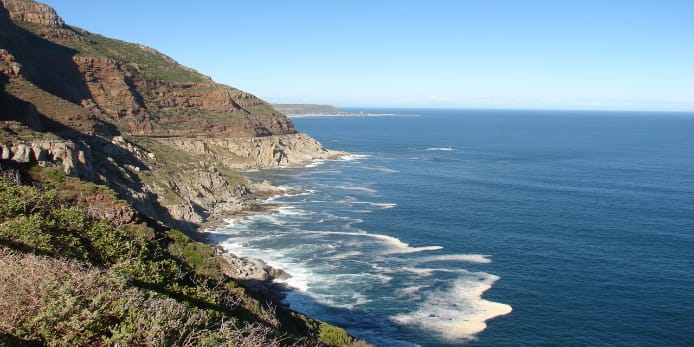
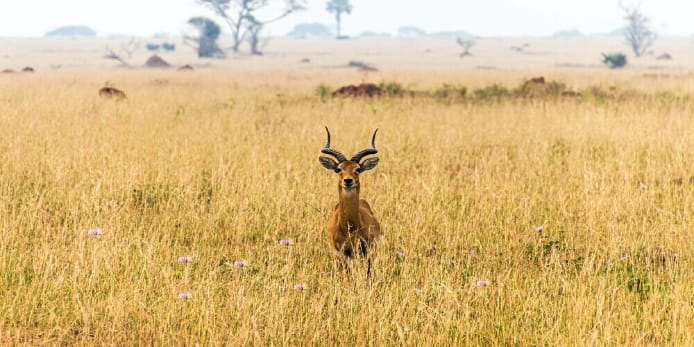

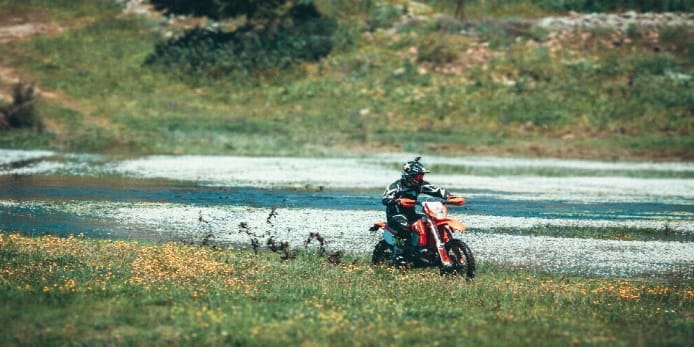

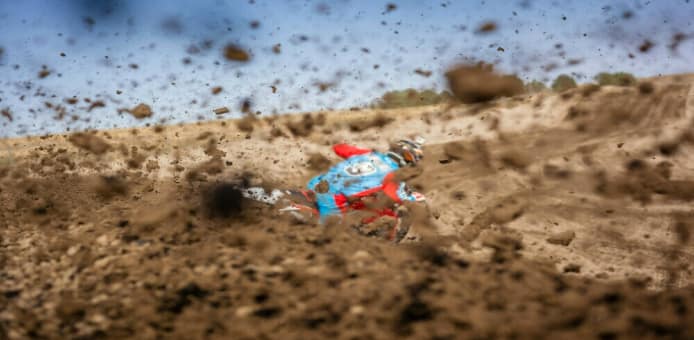
Hey Corinne. That’s more revelations about South Africa. You’re slowly educating those of us who haven’t been there and dispelling my mythical impressions from the historical UK press! By the way, now living in Portugal, most Portuguese houses could be described the way you have in this post. Designed for the sun and very cold in the winter with no central heating—actually very little heating even today, unless installed in hotels or homes of millionaire immigrants.
Hello Richard,
I am pleased about your comment as I did wonder if other hot countries, such as Portugal, did suffer the same fate in winter. It looks like it is a universal problem. For me it became a problem because it was so totally unexpected. My lack of knowledge can be attributed to the historical Canadian board of education. Thanks for this information!